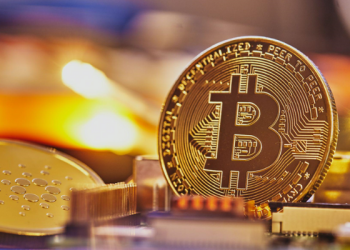The Economic and Financial Crimes Commission (EFCC) faced a setback in its attempts to arraign Binance Ltd, Tigran Gambaryan, and Nadeem Anjarwalla before the Federal High Court in Abuja. The trio, accused of money laundering and foreign exchange contravention amounting to $35.4 million, were scheduled to take their plea today. However, the proceedings were halted after objections from Gambaryan’s legal team, asserting that he is not an agent of Binance.
The charges brought against the defendants by the EFCC allege that they concealed the origin of funds generated as revenue by Binance in Nigeria, knowing that the funds were proceeds of unlawful activity. Specific counts detail the unlawful negotiation of foreign exchange rates and conspiracy to conceal the proceeds of their activities.
When court resumed, Gambaryan’s lawyer argued that his client could not take his plea as he was not authorized by Binance to accept service on behalf of the company. Emphasizing that Binance has no physical presence or authorized agents in Nigeria, the defense contended that proper service of legal processes must be made to the company before Gambaryan could be arraigned.
In response, the EFCC maintained that Gambaryan acted as Binance’s agent in Nigeria, despite the absence of a physical footprint. However, Justice Emeka Nwite adjourned the case for ruling on April 8, pending clarification on the jurisdictional issues raised.
The court further ordered that Gambaryan be remanded in EFCC custody until the ruling. This development follows the detention of two senior Binance executives, Nadeem Anjarwalla and Tigran Gambaryan, on February 28, amidst Nigeria’s crackdown on cryptocurrency channels.
The case underscores the legal complexities arising from the intersection of cryptocurrency operations and national regulations. Additionally, it highlights the challenges faced by regulatory authorities in addressing digital currency-related offenses and enforcing compliance.
As the legal battle unfolds, stakeholders await the court’s ruling, which could have significant implications for the jurisdictional reach of Nigerian authorities over international cryptocurrency platforms like Binance.











